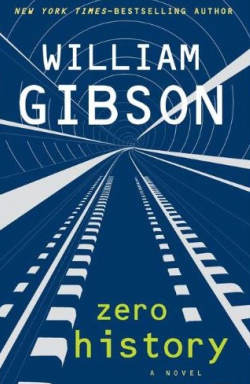The true meaning of Super WiFi


It's broadband available wherever you are, in the air, yours for the price of an antenna.
We have gotten a taste of it in coffee shops, through the iPhone, and now the Android, linked to carrier 3G networks.
But it's only a taste.
That's because those solutions are either limited or proprietary, often both. You're either tethered to an invisible wire or dependent on one company for your service, and thus at their mercy.
You don't have a free choice of terms and conditions or prices of service. It is what the carrier, or Apple, or the coffee shop, says it is. You often don't have access to the same free market you find on the Internet, either. Carriers and Apple feel they have a right to define that for you, to auction you off as property to the highest bidder.
But Super WiFi can be different. It's defined only by equipment standards and will evolve as equipment evolves alongside what I call "Moore's Law of Radios." And it's a true Internet experience, or as open as the Internet itself is allowed to be.
Super WiFi provides an overlay on top of WiFi, long range connections that let you find the fastest possible backhaul from any point. A 2.4 GHz WiFi radio is a microwave, while Super WiFi runs on old TV frequencies. It can go for miles, and travel through walls.
Most observers are seeing this in terms of clients-and-servers, of people behind screens accessing Web pages like this one.
But that's just the Internet of people.
Super WiFi enables a broader Internet of Things. Security systems can protect entire corporate campuses wirelessly. RFID chips can identify your spoiling yogurt or the keys you think you lost. Put a balloon in the air with a radio on it and watch the passing parade from your desk in another country.
Medical, automation, and inventory applications -- what I called the "World of Always On" starting in 2003 -- becomes more practical. With wider-range antennas connecting hotspots into networks, grandma can have a single chip, a ring or a necklace, that will tell you when Alzheimer's has her wandering. You can track your lost dog or your missing kid.
These are low bit-rate signals, and so is telephony. There can now be a common infrastructure to help everyone and everything phone home, untethered from the carriers.
There's a reason why William Gibson's Zero History, and his previous Spook Country, take place in the present. Having made his name on futuristic computer-based history, Gibson now finds himself in a world not unlike the one he imagined. He's become a reporter.
With Super WiFi our dreams for the Internet (and our nightmares as well) are becoming reality. Ubiquitous broadband Internet coverage, available to any device, accessing the answer to any question, telling us the status of everything and everyone, all the time.
Welcome to the future.